1972 Time Series Study
About the Dataset
- Time Series Study
- Completions: 2,705 pre-election; 2,285 post-election
- Sample: all fresh cross-section
- Modes used: face-to-face, mail
- Weights: (none)
Study Content Highlights
In addition to content on electoral participation, voting behavior, and public opinion, the 1972 ANES contains questions in other areas such as economic well-being, and quality of life. Topical content includes questions on Vietnam and the abortive vice-presidential candidacy of Thomas Eagleton. Other special-interest content includes significant coverage of attitudes on race, together with new issue scales on women’s role, school busing, liberal-conservative placement, and government guarantee of jobs and standard of living, as well as new questions on abortion, group influence, vote in the presidential primary, and post-materialism.
Study Design Highlights
Besides being a stand-alone time series data collection, in which the full sample comprises a representative cross-section, the 1972 ANES is also the first wave in a three-wave study that subsequently continued in conjunction with the 1974 ANES and the 1976 ANES. The full panel file of data from these years, the ANES 1972-1976 Merged File, also includes some cases not represented in the time series studies.
The 1972 ANES was conducted using 2 randomly-assigned versions or ‘forms’ of the questionnaire. To reduce overall interview length, approximately 20% of content was assigned to half-samples through the form assignments, with 80% of content identical between forms. An unusual aspect of the 1972 design is that each component of the sample assigned to a specific questionnaire version constitutes in itself a representative national cross-section, 1,372 cases in the Form I component, and 1,333 in Form II. In addition, in the post-election wave, 57 Form I respondents were re-designated form III, and 37 Form II respondents were re-designated Form IV, because they were interviewed using a mail questionnaire that contained most, but not all, of the questions included in the face-to-face versions of the post questionnaire.
Beginning September 1, interviews using the 76-minute pre-election instrument were conducted prior to Election Day, November 7. The post-election interview was administered November 8, 1972-February, 1973. Of the 3,606 eligible cases, 2,705 completed pre-election interviews, and 2,285 were re-interviewed in the post.
